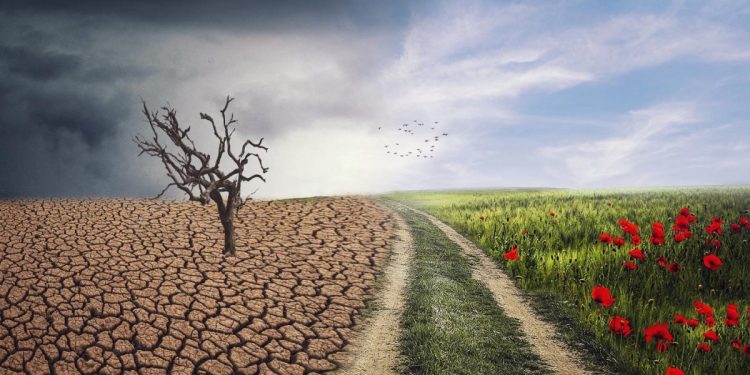#ClimateChange#SmallholderFarmers#Agriculture#SustainableFarming#FoodSecurity#ArableLand#SoilHealth#WaterConservation#Biodiversity#Agroforestry#ConservationAgriculture
According to a recent report published by the United Nations Food and Agriculture Organization (FAO), climate change could threaten up to 80% of smallholder farmers in developing countries. Smallholder farmers, who rely on rain-fed agriculture and have limited access to technology and resources, are the most vulnerable to the effects of climate change. Extreme weather events such as droughts, floods, and heatwaves can destroy crops, livestock, and infrastructure, and disrupt supply chains, leading to food insecurity and poverty.
In addition to threatening smallholder farmers, climate change could also reduce arable land. Rising temperatures and changing precipitation patterns can lead to soil erosion, desertification, and salinization, making it harder to grow crops. The Intergovernmental Panel on Climate Change (IPCC) predicts that by 2050, climate change could reduce global crop yields by up to 30%.
To mitigate the effects of climate change on agriculture, farmers, agronomists, agricultural engineers, and farm owners need to adopt sustainable farming practices that promote soil health, water conservation, and biodiversity. For example, agroforestry, which involves planting trees alongside crops and livestock, can improve soil fertility, prevent erosion, and sequester carbon. Conservation agriculture, which involves minimal tillage, crop rotation, and cover cropping, can reduce soil erosion, increase water retention, and improve soil health.
Climate change is a major threat to global food security, and smallholder farmers are the most vulnerable. To ensure a sustainable future for agriculture, we need to take immediate action to mitigate the effects of climate change on agriculture and promote sustainable farming practices. By working together, we can create a more resilient and sustainable food system that benefits both farmers and consumers.







